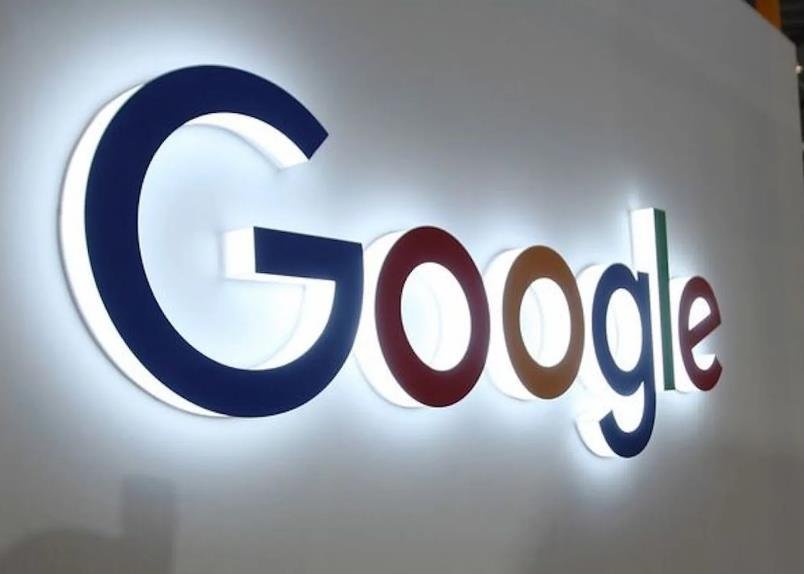Google has announced that it will delay its plan to phase out third-party cookies from its Chrome browser until 2023. The decision comes after the tech giant faced criticism and regulatory scrutiny over its proposed alternative to cookies, known as the Privacy Sandbox.
Third-party cookies are small pieces of code that track users’ online activity and allow digital publishers and advertisers to target them with personalized ads and content. They are widely used by websites and platforms that rely on advertising revenue, such as Google and Facebook.
However, third-party cookies also raise privacy and security concerns, as they can collect sensitive information about users without their consent or knowledge. They can also enable cross-site tracking, which means that users can be followed across different websites by the same third-party.

Many users, regulators, and privacy advocates have called for more control and transparency over how third-party cookies are used and what data they collect. Some of Google’s rivals, such as Apple, Microsoft, and Mozilla, have already blocked or limited third-party cookies in their browsers.
What is Google’s Privacy Sandbox and how does it work?
Google’s Privacy Sandbox is a set of proposals that aim to replace third-party cookies with new technologies that can preserve both privacy and functionality for the web. One of the main ideas is to use a system called Federated Learning of Cohorts (FLoC), which groups users into clusters or “flocks” based on their browsing history and interests. Each flock would have a unique ID that can be shared with advertisers, who can then target ads to the relevant groups.
Google claims that FLoC can offer more privacy than third-party cookies, as it does not reveal individual users’ identities or browsing history. It also says that FLoC can provide similar or better results for advertisers and publishers, as it can deliver relevant and effective ads to users.
Why did Google delay its plan to phase out third-party cookies?
Google originally planned to phase out third-party cookies by 2022, but it has now pushed back the timeline to 2023. The reason for the delay is that Google is still working on developing and testing its Privacy Sandbox proposals, as well as engaging with the web community and regulators.
One of the main challenges that Google faces is the investigation by the UK Competition and Markets Authority (CMA), which is looking into whether the Privacy Sandbox would harm competition and consumers. The CMA has expressed concerns that the Privacy Sandbox would give Google an unfair advantage over other players in the digital advertising market, as it would have access to more data and control over the new technologies.
Google has said that it will cooperate with the CMA and that it has offered to make certain commitments to address the regulator’s issues. These include giving the CMA an oversight role over the design and implementation of the Privacy Sandbox, as well as ensuring that Google will not discriminate against its rivals or favor its own products and services.
What are the implications and reactions of Google’s decision?
Google’s decision to delay its plan to phase out third-party cookies has significant implications and reactions for the web ecosystem and users. Some of the possible effects are:
- For the adtech industry, the delay is a relief, as it gives them more time to adapt to the changes and find alternative solutions to third-party cookies. Many adtech companies and publishers have expressed concerns that the Privacy Sandbox would reduce their revenue and undermine their business models.
- For the privacy advocates, the delay is a disappointment, as it means that users will continue to be subject to third-party tracking and profiling for longer. Some privacy groups have also criticized the Privacy Sandbox as insufficient and problematic, as it still allows Google to collect and process users’ data and influence the web standards.
- For the users, the delay is a mixed bag, as it depends on their preferences and expectations. Some users may welcome the delay, as they may value the personalized and relevant ads and content that third-party cookies enable. Other users may resent the delay, as they may prefer more privacy and control over their online activity and data.
